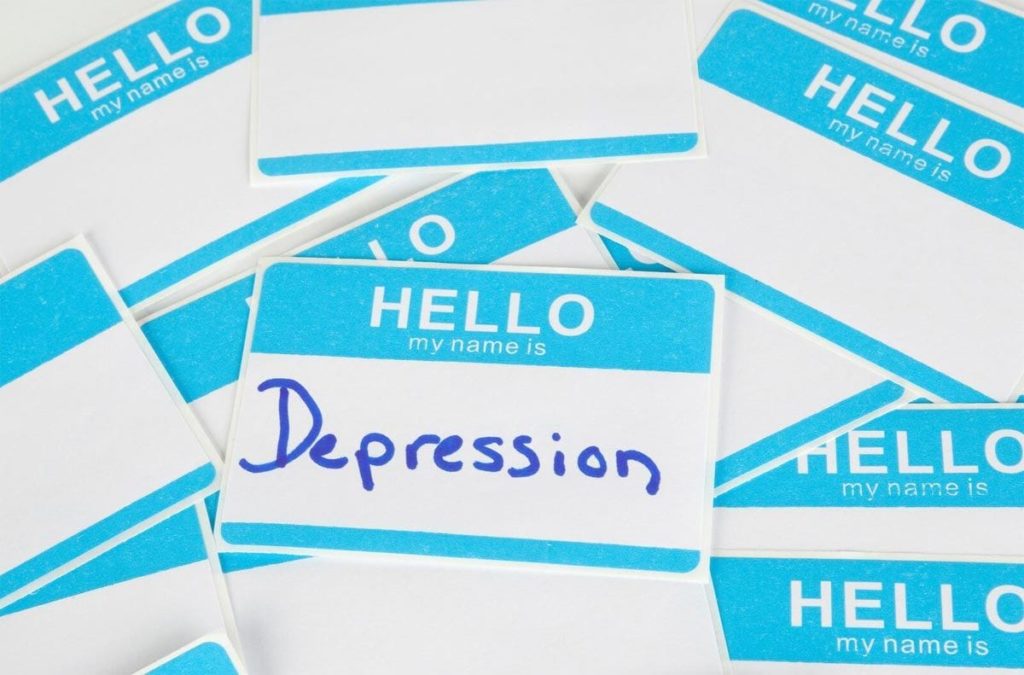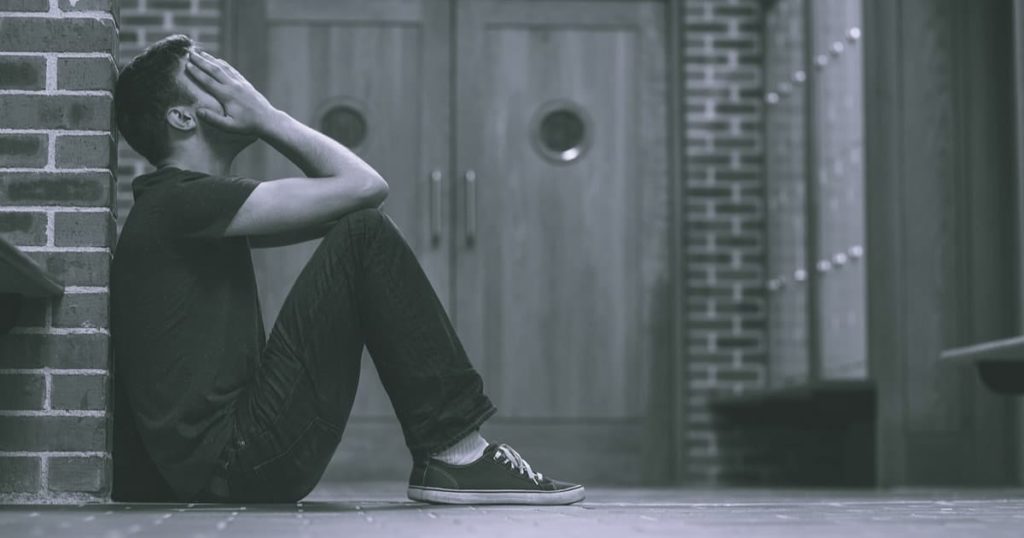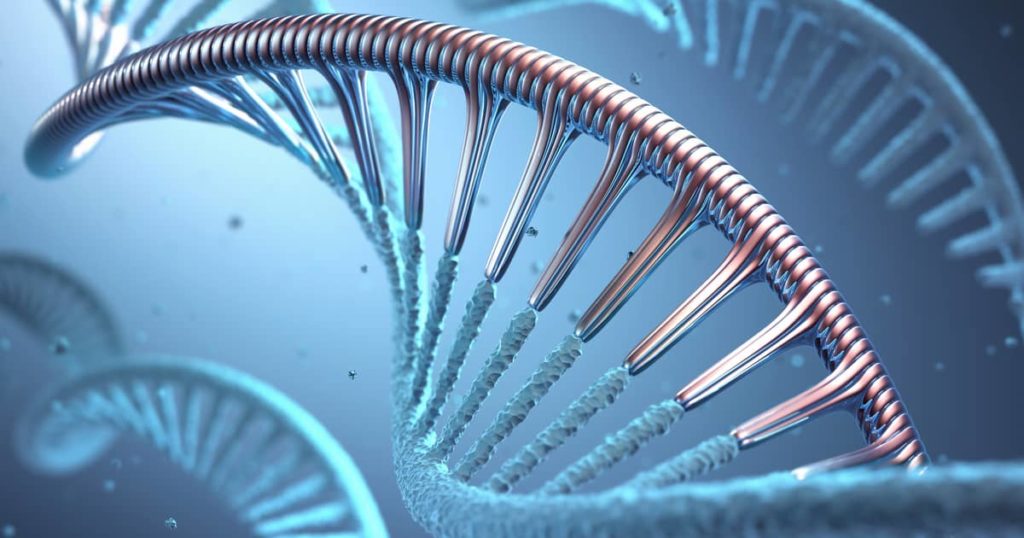Postpartum depression affects women after childbirth, and about 13% of women in the U.S. experience it. It’s essential to recognize the signs of postpartum depression in case you, your partner, or a loved one struggles after giving birth.
Recovery Ranch TN is a full-service mental health treatment center that works with women who are struggling with postpartum depression. Our depression treatment program features a gender-specific women’s rehab that focuses on issues affecting women, including postpartum depression. We will evaluate you to determine the best course of action in treating your symptoms, no matter how severe.
Recognizing the signs of postpartum depression
Postpartum depression affects millions of women each year. Though an exciting time for many, some women may experience persistent sadness, frequent crying, and trouble bonding with their child. Many factors, including hormonal changes and emotional or physical stress, can cause it.
Signs of postpartum depression typically include a combination of the following:
Emotional symptoms
Women may experience feelings of emptiness and hopelessness, going through mood swings throughout the day. They might struggle to connect with their child, lose interest in favorite activities, withdraw from family and friends, and experience severe anxiety or panic attacks. They may also fear not being a good mother.
Physical symptoms
When women are depressed, they may experience several physical symptoms that include low energy, changes in appetite, sleep disturbances, and unexplained physical aches and pains. Many women with postpartum depression also have headaches, stomachaches, and back pain.
Cognitive symptoms
Postpartum depression may affect a woman’s ability to concentrate and recall recent events. She might experience trouble making basic decisions and focusing for long periods. She may also feel overwhelmed and unable to cope with what’s happening. Intrusive thoughts, such as harming herself or her child, are also common.
Postpartum depression generally shows up within the first few weeks after childbirth, but it can also begin during pregnancy. Some women report having postpartum symptoms one year after childbirth.
Treating postpartum depression in women
Postpartum depression is a treatable condition that women don’t have to go through alone. There are depression treatment programs that focus on postpartum depression and can help you develop a close relationship with your child.
Here are the ways these programs treat postpartum depression in women:
Behavioral and holistic therapies
One of the best ways to treat depression is through cognitive-behavioral therapy (CBT). It focuses on the causes of depression and helps you develop new behaviors when you are feeling triggered. CBT can support you by teaching you healthy ways to see yourself and how to cope.
Other types of behavioral therapy include dialectical behavior therapy, acceptance and commitment therapy, and eye movement desensitization and reprocessing.
Holistic therapy is often very beneficial for women who are depressed. This practice uses natural ways to heal and includes:
- Mindfulness practices
- Yoga
- Meditation
- Equine therapy
- Nutrition education
- Life skills training
A therapist will develop a comprehensive program that includes a mix of therapies and medication to ease symptoms.
Medication-assisted treatment
To ease depressive symptoms, you may receive medication as part of an all-encompassing treatment program. Using medication is safe and effective in reducing depression. Medical staff will administer medications based on your treatment plan, and those may include:
- Selective serotonin reuptake inhibitors (SSRIs)
- Selective-norepinephrine reuptake inhibitors (SNRIs)
- Brexanolone
- Zuranolone
We will monitor you throughout the program. As your symptoms begin to fade, we will start reducing the amount of medication until it’s no longer needed.
Family therapy
Having your family participate in therapy can teach everyone about depression and what they can do to support you. Therapists will work with family members to talk about the depression and resolve any lingering conflicts that might interfere with recovery. Your loved ones will learn how they can create a supportive home environment to help you feel better.
Get depression treatment at The Ranch today
Recovery Ranch TN welcomes women who are struggling with postpartum depression and want to enroll in our program. When you enroll in our depression treatment program, we will evaluate the severity of your symptoms to determine if you need our residential or outpatient treatment program. You will work with an experienced therapist in private therapy sessions where you will learn healthy new coping skills and practice them in group therapy with your peers.
To learn more about the signs of postpartum depression and start the recovery journey, fill out our online contact form or call 1.844.876.7680 today to schedule a consultation.




